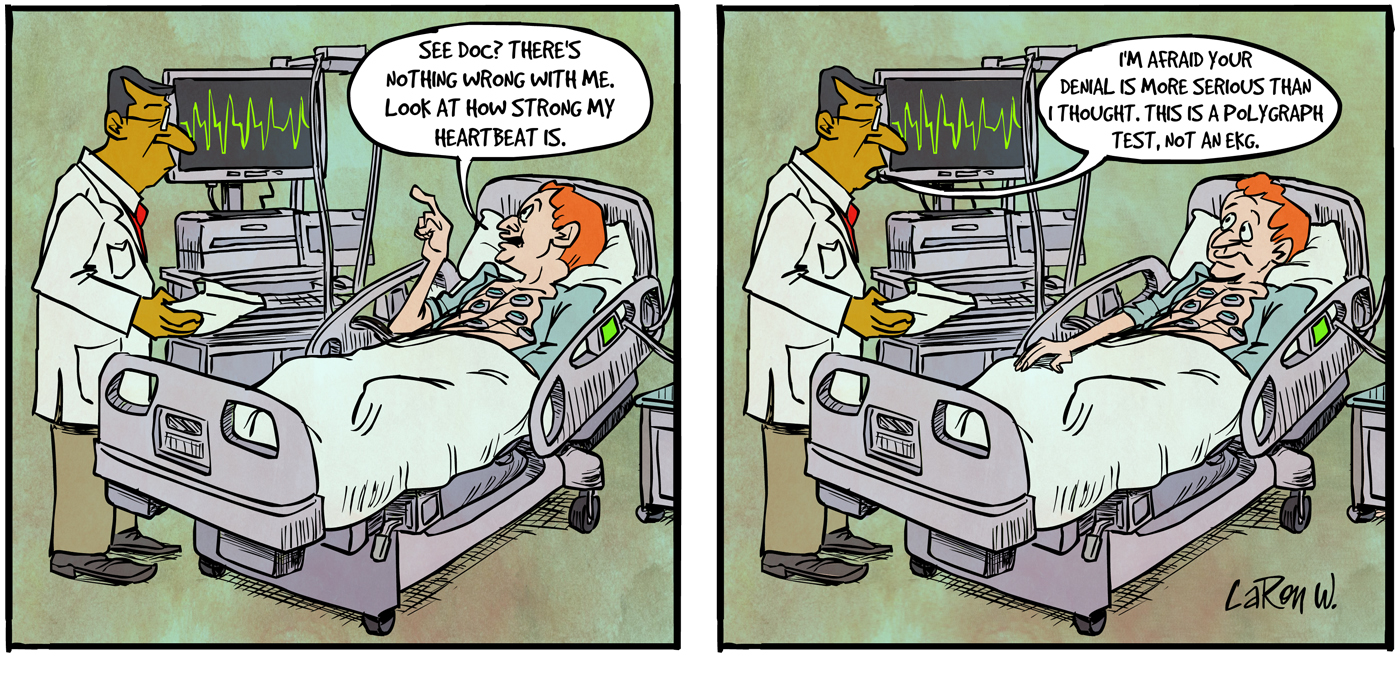Doing CFC Service Is a Challenge As Well As a Beautiful Opportunity for the Belgian CFC Chair
As early as 2009, fellows of the Belgian SA were involved in 12th Step work for sexaholics in prison. In the ‘early years’ some contacts were established with prison staff, chaplaincy and social workers.
This resulted in contacts with two incarcerated lust addicts, one of whom actually got an SA sponsor. This fellow was visited several times by a local group and received letters also written by this group. For another person, who was incarcerated in a prison for the mentally ill, the group organized several meetings in his correctional facility. The committee also organized several info meetings in other Belgian prisons, where members of SA shared their experience, strength, and hope with the imprisoned attendees.
We listened to the experience of an AA member who was doing 12th Step work in prisons. He showed us which prisons were more open to 12-Step programs. We got in contact with a prison where members of AA organized non-AA meetings about addictions in general. We were invited to come and share about our addiction and solution. We got encouraging feedback and made contact with a platform of organizations that are offering help to addicts in prison.
I joined the CFC in the second half of 2020 and was soon asked to be Chairperson of the committee, which I accepted without knowing where this adventure would lead me. One of the first things I did was to make a summary of all the contacts we had. Because of the many previous contacts with people and organizations, we started using an online spreadsheet with all relevant data so far. In doing so, we keep an oversight on our actions and contact data which is easily available for all the members of the committee.
We also decided to organize a Public Information meeting specifically intended for prison staff and social workers working in prison or with people going in or coming out of prison.
We stated that this webinar would be an exchange between SA and professionals in order to get to know each other’s work. We invited a speaker, a fellow who had been in prison for sex-related crime and who got into SA during his imprisonment. The atmosphere was positive and many questions were asked. After this event we sent all attendees a feedback form and gave them the opportunity to order SA folders and posters.
We called back the attendees who showed interest to see whether they needed more info and in some cases we organized an info meeting for their team.
An employee of the psychosocial services of a prison told her warden about us. The warden was in favor of a cooperation with SA but as the prison system has a strict hierarchy she had to inform the general management. At the same time, another attendee of the webinar approached us and asked us how we would go about offering the SA program to sexaholics in prison. As a result of this, we got invited by the general management of the Belgian prison system to present the SA program. This led to SA being allowed to unroll its program in all Dutch-speaking prisons in Belgium.
Our next step is to present SA in correctional facilities and to get into contact with those behind bars still suffering from our disease. Our recent attempts to get in touch with prison chaplains and other moral counselors were less successful though: our emails remain unanswered.
In our contacts with professional social workers we often encounter people who are a bit skeptical about the SA solution—especially the idea of abstinence which gets eyebrows raised and results in a lot of questions.
Our experience has taught us not to be too specific about our sobriety definition. For many people—social workers as well as chaplaincy, the sobriety definition (especially the Cleveland Clarification) can be a breaking point. We spent a lot of time trying to explain this, time we would rather now use to tell how and why the program works for us. Today, we choose to be pragmatic about it and not mention it; after all, the sobriety definition can be found on the SA website and in SA folders.
We usually also stress to professionals that SA is in addition to other treatments and therapy. For instance, the University Forensics center in Antwerp promotes a “healthy and safe sexuality” in their treatment model, even for sexual offenders, but nevertheless they see the value of what SA has to offer and they provide the SA folder to those who they think might benefit from it.
We also see the advantages of sharing experience cross-border; for this purpose our regional CFC committee has great worth. Although the prison system and social services may be organized differently in each country, we can still learn from each other’s process and progress. Doing this service is often a challenge and takes a lot of patience but is a beautiful opportunity to do 12th Step work for those still suffering from lust addiction behind bars.
Joost V., Belgian CFC






